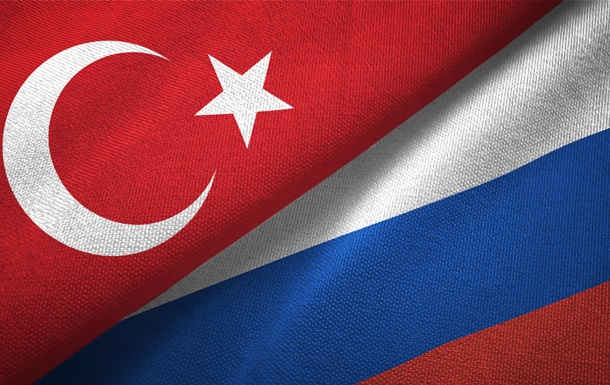In Turkey, they invented a new scheme for settlements with Russia in rubles
The invented mechanism should simplify payments for Turkish exporters, reduce bank fees and help avoid delays caused by sanctions against the Russian Federation.
The private Turkish company Bosphorus Gaz launched a new settlement scheme with Russia in the form of a ruble/euro currency swap. This was reported by the Bloomberg agency on the eve of November 5.
According to CEO Bilgehan Ustundag, this mechanism will simplify payments for Turkish exporters, reduce bank fees and help avoid delays caused by sanctions.
The scheme works as follows: Russian companies transfer payment in rubles to the accounts of Bosphorus Gaz, which in turn pays the equivalent amount to Turkish exporters in euros.
The company uses the received rubles to pay for Russian gas purchased from Gazprom. All transactions go through the Turkish state bank Emlak Katilim Bankasi, which ensures the legality of transactions.
The scheme is currently in the testing phase, but Bosphorus Gaz already charges a swap fee, while trade in sanctioned goods is prohibited.
Bosphorus Gaz’s initiative is part of a broader trend among companies looking for workarounds for doing business with Russia.
Similar alternatives include barter agreements for agricultural products and settlements through neighboring countries.
It became known earlier that the threat of secondary US sanctions against Turkish banks that accept payments from Russia has significantly affected Russian-Turkish trade.
In April, we reported that Turkey, which ranks second in the world after India in the volume of imports of Russian Urals oil, continued to increase purchases of this grade in March and brought the volume of imports to a historical maximum – more than 12 million barrels.
At the same time, in March, the United States agreed with Turkey on a new system of compliance and introduction of new sanctions against Russia.



